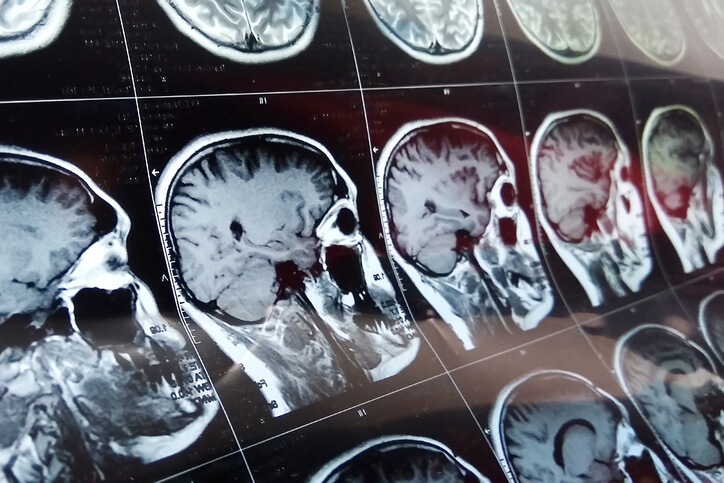High school sports are a mainstay of the overall high school experience for parents and students alike. It is normal to experience joy in seeing your young athlete compete, challenge themselves, and develop pride and discipline. Unfortunately, high school sports can also lead to head injuries that could potentially derail your child’s future track for success.
High school athletes deserve school administrators and their coaches that try to protect them from these sometimes serious injuries. When they do occur, you and your child have a legitimate expectation that your child will be given swift and appropriate medical care. When any of these expectations go unmet, you may have legal rights to exercise.
High School Head Injuries Are More Common than You Think
Examining a recent study conducted by the journal Pediatrics and the National High School Sports-Related Injury Surveillance Study, CNN identified the three high school sports where children are most likely to suffer a concussion or other head injury.
The rate is expressed in terms of the number of concussions out of the total number of times children in the study were exposed to the risk of a concussion in practice or play.
- Boys’ football, which had a rate of 10.4 concussions for every 10,000 exposures
- Girls’ soccer, which had a rate of 8.19 concussions for every 10,000 exposures
- Boys’ ice hockey, with 7.69 concussions for every 10,000 exposures
Concussions and head injuries can occur in other sports, too. Baseball and soccer are dangerous sports that frequently risk contact between a ball and a player’s head. Cheerleaders also risk head injuries due to falls and being dropped during performances. Swimming can also be a dangerous sport at times.
Signs of a Head Injury that Should Be Examined
As a parent, you want to believe that your child can simply walk off a head injury or swiftly recover from the injury. This does not always happen, however. Recognizing concerning symptoms in your child may help convince them to receive the follow-up care they need.
If you notice any of the following signs in your child, get them to a doctor’s office or emergency room as soon as possible:
- Your child loses consciousness for any length of time
- Your child experiences a seizure
- Your child is experiencing a headache, nausea, or vomiting that does not resolve
- Your child has trouble remembering persons and places or trouble concentrating
- Your child loses interest in food, water, or sporting activities.
Any behavioral change following a blow to the head should lead to a doctor’s visit or visit to the emergency room. Getting prompt care and treatment is one of the biggest things you can do to help minimize the damage caused by a head injury.
Negligence Claims Against School Officials Can Be Challenging
If your child’s school did not provide your child with properly-fitted equipment in good repair, you might be entitled to recuperate the cost of subsequent medical treatment needed in the wake of a head injury.
In the same way, adults who refuse to enforce rules among players or allow games to get too physical may also be responsible for paying compensation to you following your child’s head injuries.
Asserting these claims against school employees and officials, though, can be challenging, requiring especially prompt and precise legal action. Failing to comply with the letter of the law may mean that any claim you have is denied.
Speak to Your Nassau County Head Injury Lawyer
If you suspect your child’s head injury was caused because adult coaches and teachers failed to take proper precautions with your child, our Nassau County firm, Kohan Law Group, stands ready to evaluate your case. Contact us today to learn more about our services and how we can help you and your child through this difficult time.

